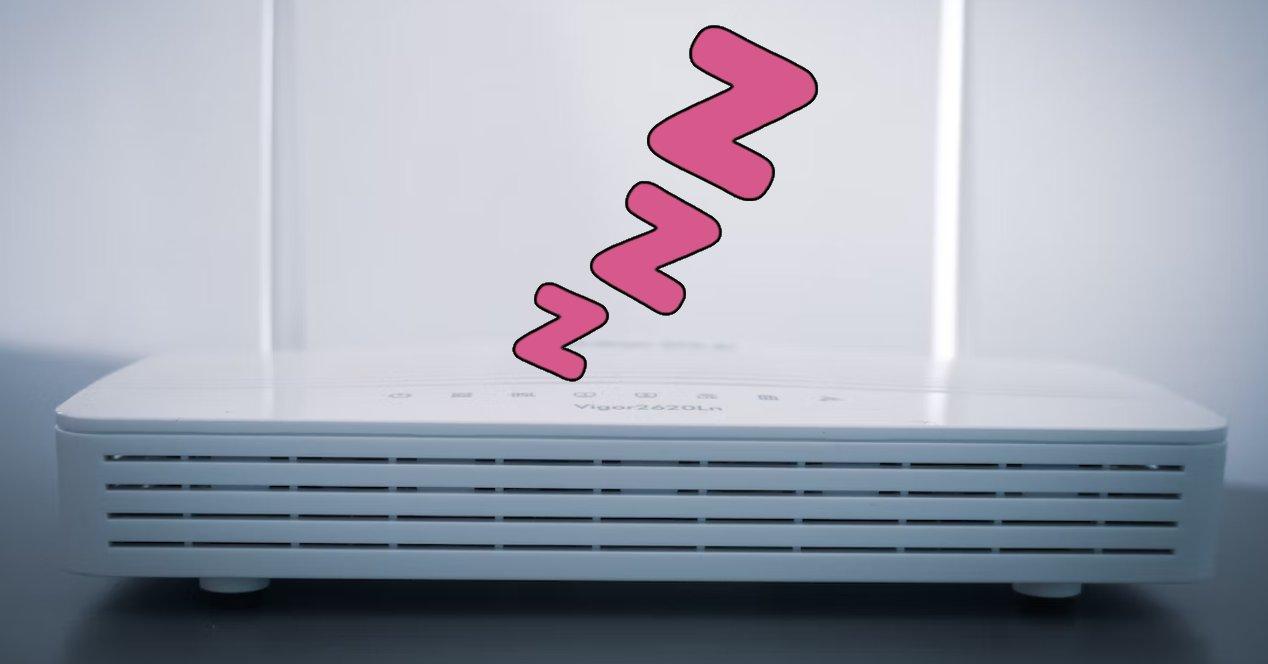Slower Internet speeds at night are often due to the network congestion. Just like rush hour traffic, when everyone is using the Internet at the same time, the network’s limited bandwidth has a hard time keeping up with your speed.
What happens to WiFi at night?
There are two types of network congestion: local network congestion on your home network and wide area network (WAN) congestion on your Internet Service Provider (ISP) network. WAN network congestion at the ISP level isn’t as big of a problem as it used to be, so congestion within your home or non-congestion issues are more likely to cause your periodic slowdowns at night.
There are certain times when a large volume of users wants to transit through a space simultaneously and the service collapses or reduces its transit speed. The same happens in the case of Internet connections. In Spain, we usually notice this rush hour generally between 9:00 p.m. and 10:00 p.m.
An Internet network can only handle a limited amount of web traffic or bandwidth. Varies between providers and depends on the internet infrastructure in the area. When there is more concurrent web traffic than the network can support, slows down and causes congestion. Network congestion also happens when there is too much web traffic on your home network, like when everyone in the house starts downloading or streaming at the same time.
This also coincides with the concurrence of people in the home. At night there are fewer people working and more people use the Internet at home and the same happens in your community, squeezing the bandwidth.
How to avoid slow internet at night
ISPs have drastically improved their networks and technology to keep up with the modern demands of the Internet. Still, there are a few options you can consider to help you avoid those annoying late nights.
One of the main alternatives you have is to get a faster Internet plan. It may seem pointless if your entire ISP’s network is suffering from congestion, but generally a faster plan means faster speeds everywhere, even during peak hours.

It all comes down to the cause of your nightly slowdowns and how your operator chooses to handle them. With the slowdowns caused by your ISP, you can’t really know if switching to a better plan fixes the problem until you try, but it’s worth trying to get the higher bandwidth overhead. A faster internet plan can help if slowdowns are due to local network congestion from having higher bandwidth.
Another option, if the network overload is at the household level, is to try to stagger the use of the Internet. If everyone in your household is demanding a lot of Internet bandwidth at the same time, they are more likely to experience local network congestion. Schedule Internet use in your home so that several high-bandwidth activities do not occur at the same timeo Helps keep your Internet connection running smoothly.
Also, many routers can prioritize bandwidth for certain devices or types of traffic from Internet. This is useful to ensure that the more important Internet functions in your home always take precedence over the less important ones.


